Cleaning Up the Healthcare Sector
-
80%Healthcare sector GHG emissions generated by the medical supply chain
-
5–9%National greenhouse gas emissions generated by the healthcare sector
Climate change is bringing health equity issues to the forefront. For example, in the context of wildfires, the release of toxic carcinogens from smoke poses a significant health threat. People who lack proper filters in their air conditioning are at higher risk of inhaling these harmful pollutants which are going straight into their homes.
Diana S. Aga, PhD
Director, RENEW Institute; Henry M. Woodburn Professor, Department of Chemistry, University at Buffalo
The healthcare sector itself is a major contributor to global warming, accounting for 5%–9% of total greenhouse gas (GHG) emissions in the US (4% globally). To remedy their climate impact, hospitals and research institutions will have to become transparent regarding their GHG emissions, switch operations and suppliers to renewable energy sources, and cut down on plastics and other toxic waste.
We are starting to see progress. Over 100 major US hospital and healthcare companies have committed to reducing GHG emissions 50% by 2030 and to net zero by 2050, under the Biden Administration’s Health Sector Climate Pledge. Nonprofit advocacy organization Health Care Without Harm has released a climate action playbook for hospitals—a guide for how to operationalize climate solutions by leaning in to clean energy and developing sustainable operations and procurement strategies.
As an example, 100% of Boston’s Massachusetts General Hospital’s electricity is derived from renewable sources. MGH has established a Center for the Environment and Health to integrate environmental sustainability into the clinical, research and educational activities of the hospital.
CommonSpirit Health, the second largest nonprofit hospital chain in the US, with over 700 care sites and 142 hospitals across 21 states, has committed to reaching net-zero greenhouse gas emissions by 2040. The organization recently released a detailed Climate Action Plan, which includes reducing emissions across buildings and operations, engaging with supply chain partners, advocating for stronger climate policies and building climate-resilient communities, among other strategies.
Expect to see more and more examples of hospitals and care facilities installing on-site solar plants, purchasing renewable energy and expanding their energy efficiency initiatives. But this is not enough—the majority of the sector’s emissions, nearly 80%, are being generated from the medical supply chain, outside a hospital’s direct control. Efforts that don’t take into account sustainable procurement strategies—including medical devices, food sourcing, pharmaceuticals, packaging—will fall flat.
To incentivize those suppliers to take action, healthcare companies need to flex their collective purchasing power. In Britain, the National Health System requires its suppliers to report on their GHG emissions, and has set a net-zero carbon goal by 2045 for Scope 3 emissions, which includes their suppliers’ suppliers’ emissions.
Reducing resource consumption will present a pivotal task for the healthcare industry, and also bring a significant monetary return. Medical equipment maker Philips has committed to taking trade-ins on used professional medical equipment and refurbishing or locally recycling it. The UK’s NHS has undergone a thorough analysis to better understand the types of waste generated and opportunities created. An NHS task force identified a way to divert 85,000 metric tons of plastic from the hospital system, cutting down CO2 emissions by 235,000 metric tons a year. Through recovery programs, the research team identified a potential to unlock nearly $50 million annually of new sources of revenue, from reintroducing valuable recycled materials back into the supply chain and avoiding costly waste disposal processes. The healthcare industry can make a significant difference by pursuing aggressive climate strategies to decarbonize dayto- day operations and supply chains.
There may be an upfront investment with which to make your hospital resilient to climate change. But that investment is going to pay dividends when looking at the potential harms from an intensified weather event because of climate change.
Dr. Renee N. Salas
Affiliated Faculty, Harvard Global Health Institute; Yerby Fellow, Center for Climate, Health and the Global Environment at Harvard T.H. Chan School of Public Health
Collaboration is key. There is an opportunity for healthcare leaders to step up on climate and partner with peers across the value chain to enable systems-level change. Tackling the climate crisis is not something that any organization can easily do alone, yet the urgency calls on us all to take action.
Mary Ann Ormond
Senior Director, Ceres Company Network
